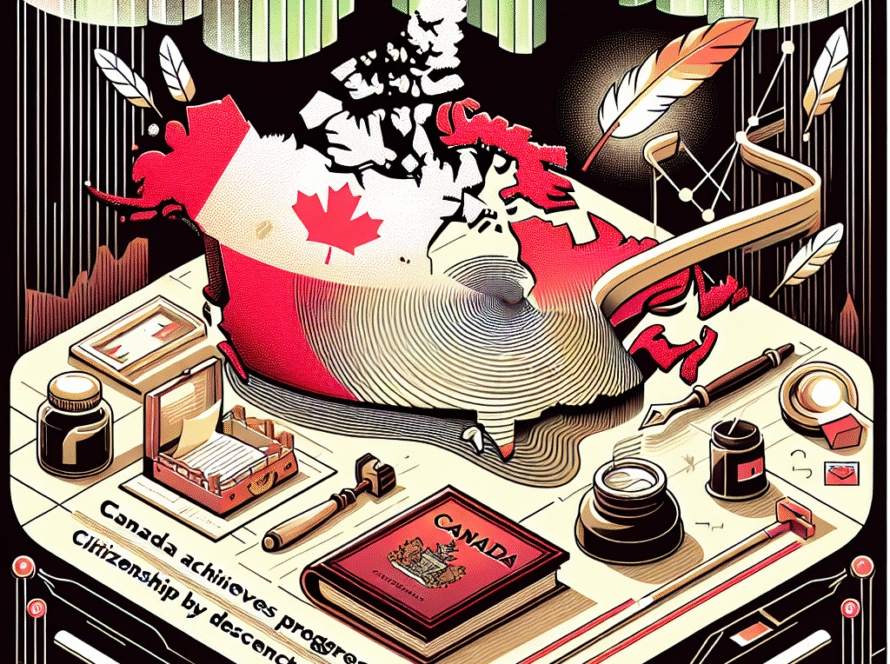Canada-U.S. Travel Drops as Canadians Reject Fingerprint Rules

In recent years, the landscape of travel between Canada and the United States has undergone significant transformation, particularly in 2025. What used to be a routine cross-border visit for Canadians has been replaced by growing apprehensions, with new U.S. fingerprinting and registration requirements at the forefront of this unease. These regulations, perceived by many as invasive, are just one factor contributing to a broader re-evaluation of cross-border travel.
A recent survey reveals that 70% of Canadians express discomfort with traveling to the U.S., a sentiment that underscores a shifting perspective toward their southern neighbor. The number of Canadians making multiple trips to the U.S. has halved compared to 2017 and 2023, with a notable 35% decline in car trips and a 27% reduction in air travel since 2024. This trend is driven by factors beyond logistics, reflecting an emotional and principled stance.
Key reasons for this decline encompass the U.S. political climate, safety concerns, and a renewed sense of patriotism. Many Canadians opt to stay home as an expression of national pride, with 70% choosing domestic travel to “stand up for Canada.” Moreover, concerns about border treatment and economic considerations, such as currency exchange rates, further contribute to this inclination.
Interestingly, despite these concerns, those who continue to travel to the U.S. report largely unchanged experiences at the border. Approximately 85% of travelers describe their cross-border interactions as positive, consistent with previous years. This dichotomy between perception and reality highlights the power of sentiment in influencing travel decisions.
As Canadians reconsider their travel plans, domestic tourism experiences a resurgence. With 42% of Canadians now exploring local destinations, the country’s diverse landscapes and vibrant cities offer compelling alternatives. This shift not only boosts the Canadian tourism industry but also fosters a deeper appreciation for local culture and heritage.
The narrative of Canadian travel in 2025 reflects a broader cultural moment, one characterized by a preference for safety, privacy, and national pride. As Canadians pivot towards domestic exploration, they contribute to strengthening local economies and celebrating the country’s rich tapestry of experiences. In this evolving landscape, Canada continues to affirm itself as a safe, friendly, and welcoming destination for residents and newcomers alike.



